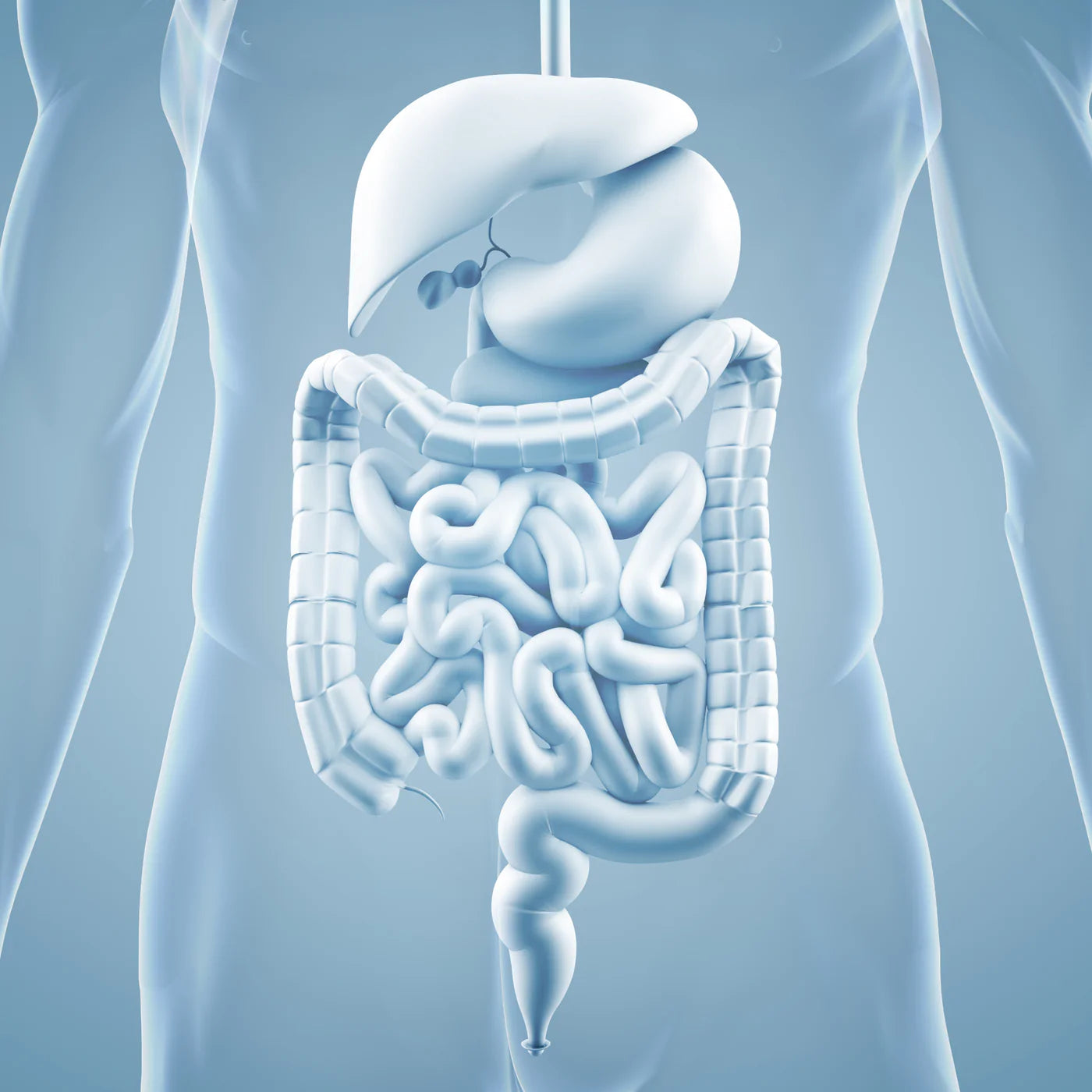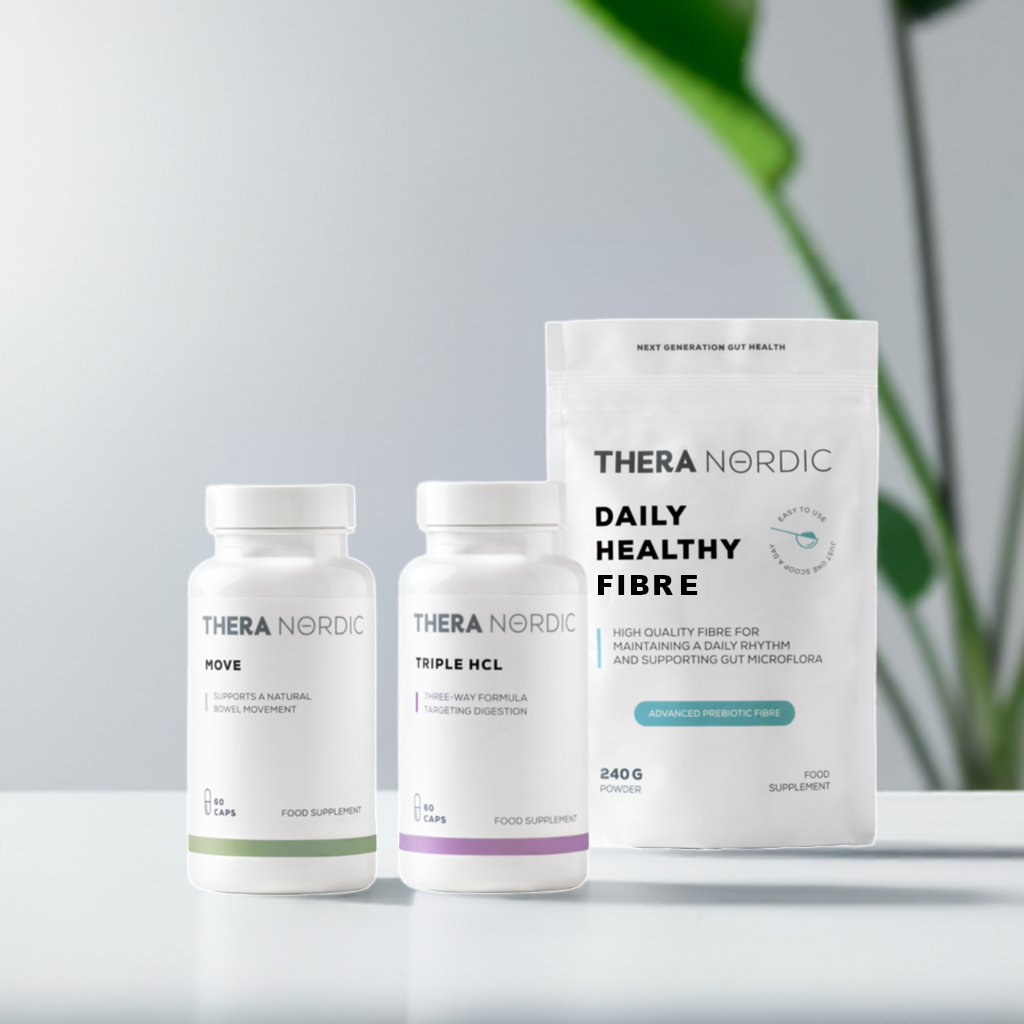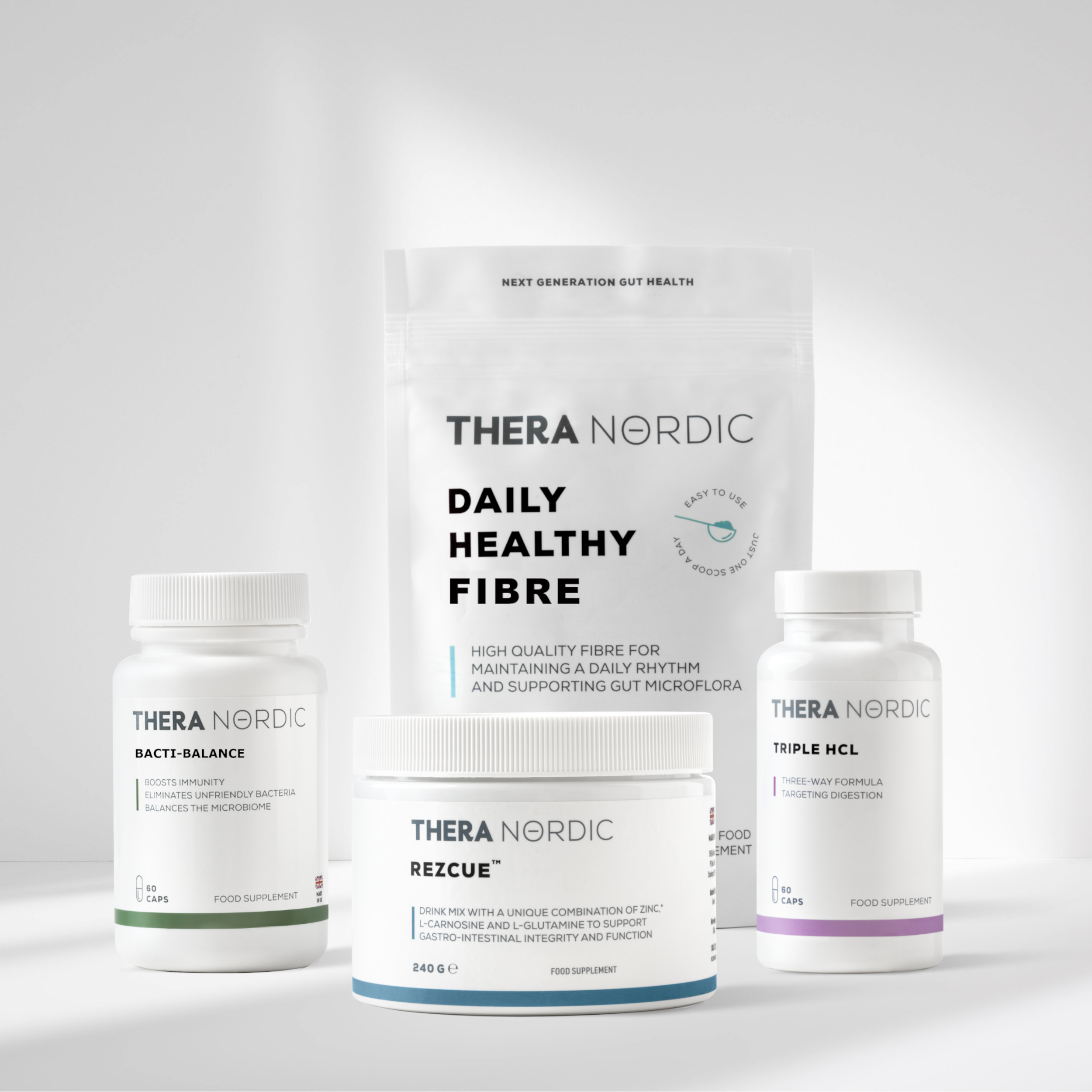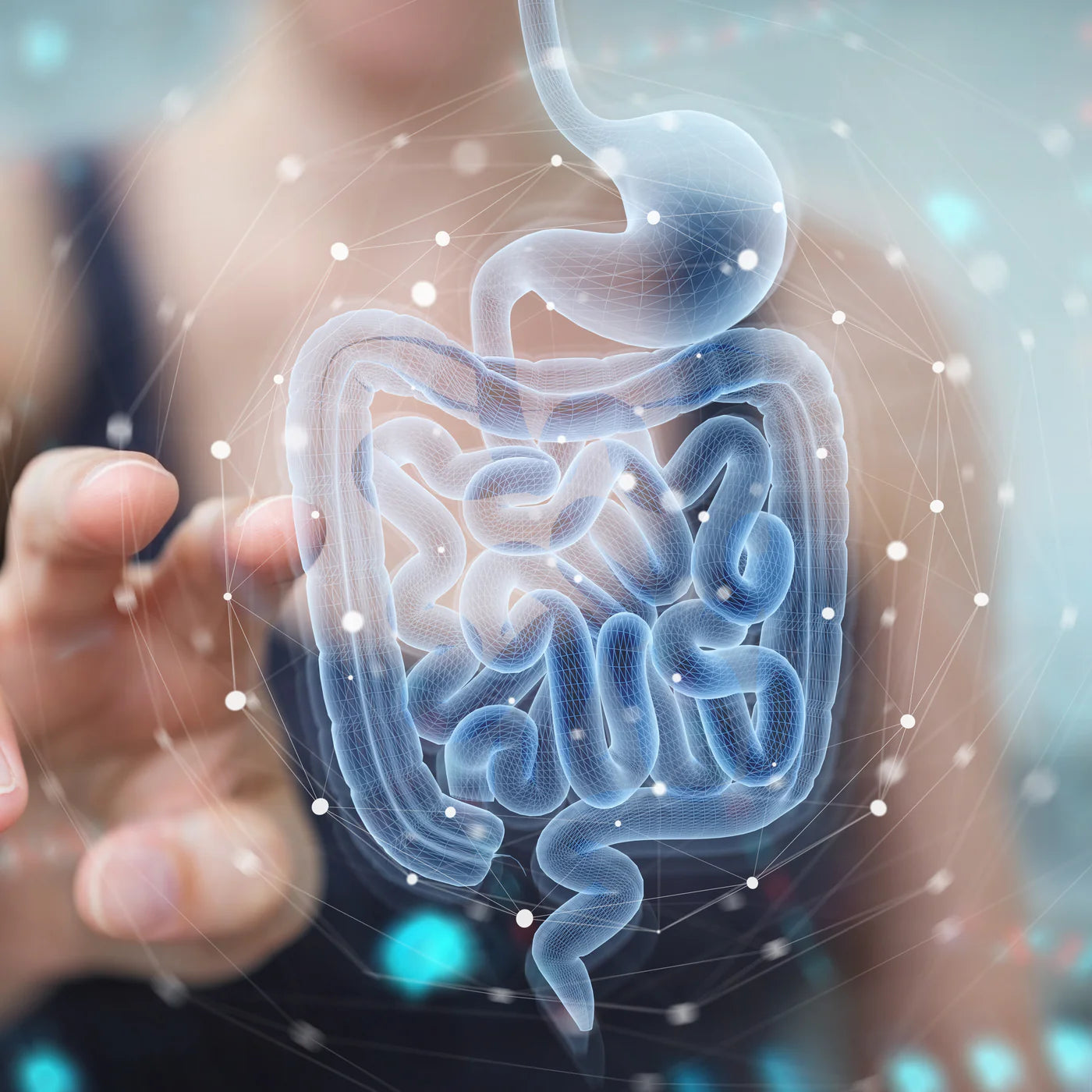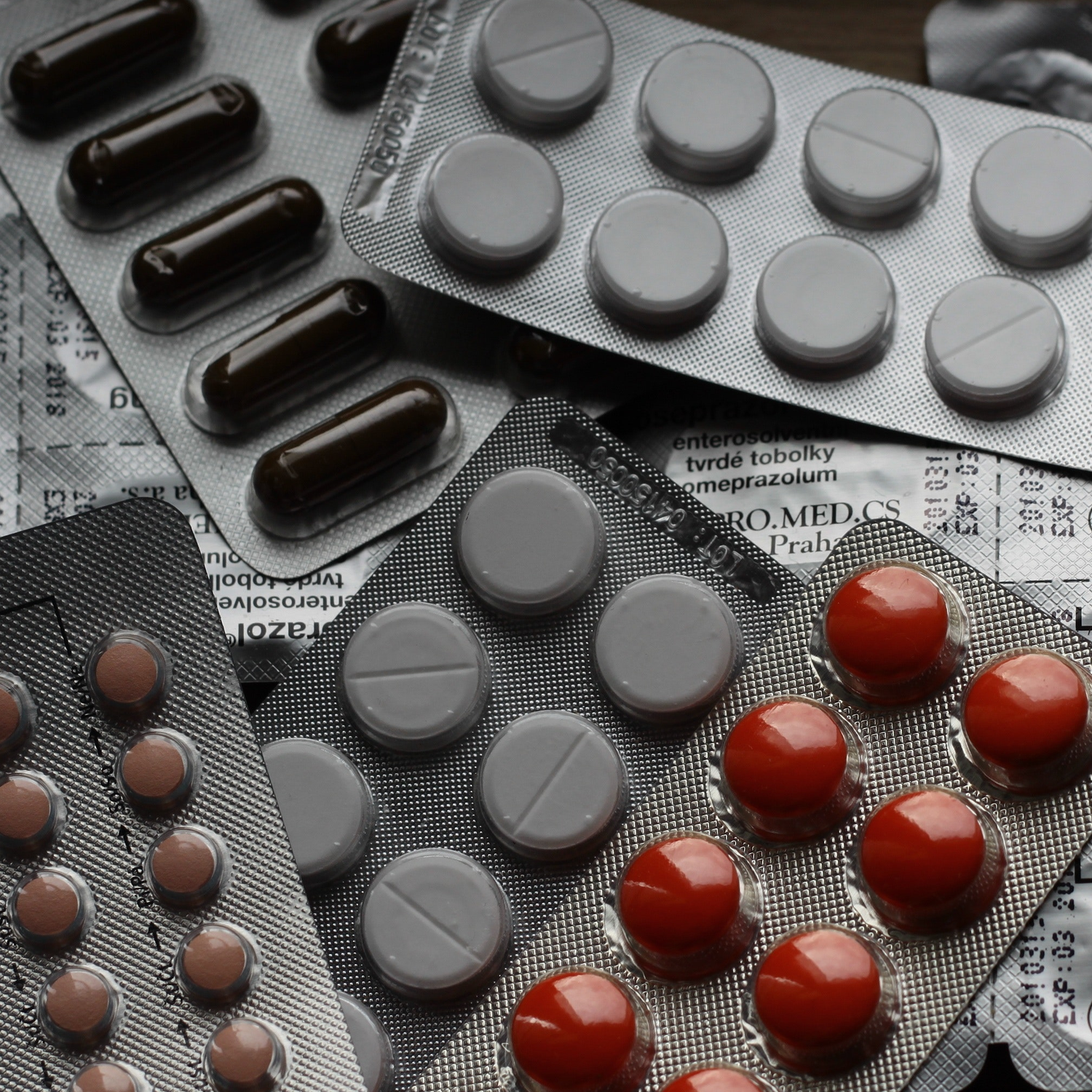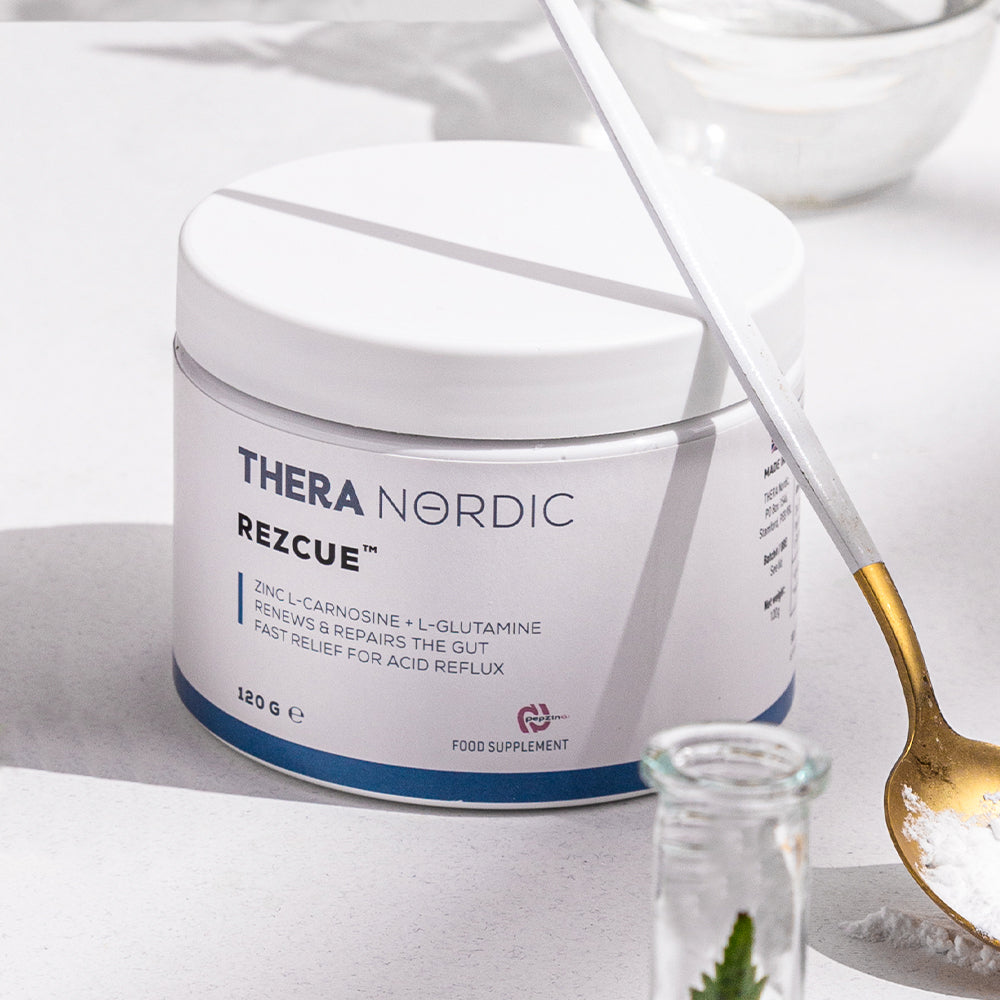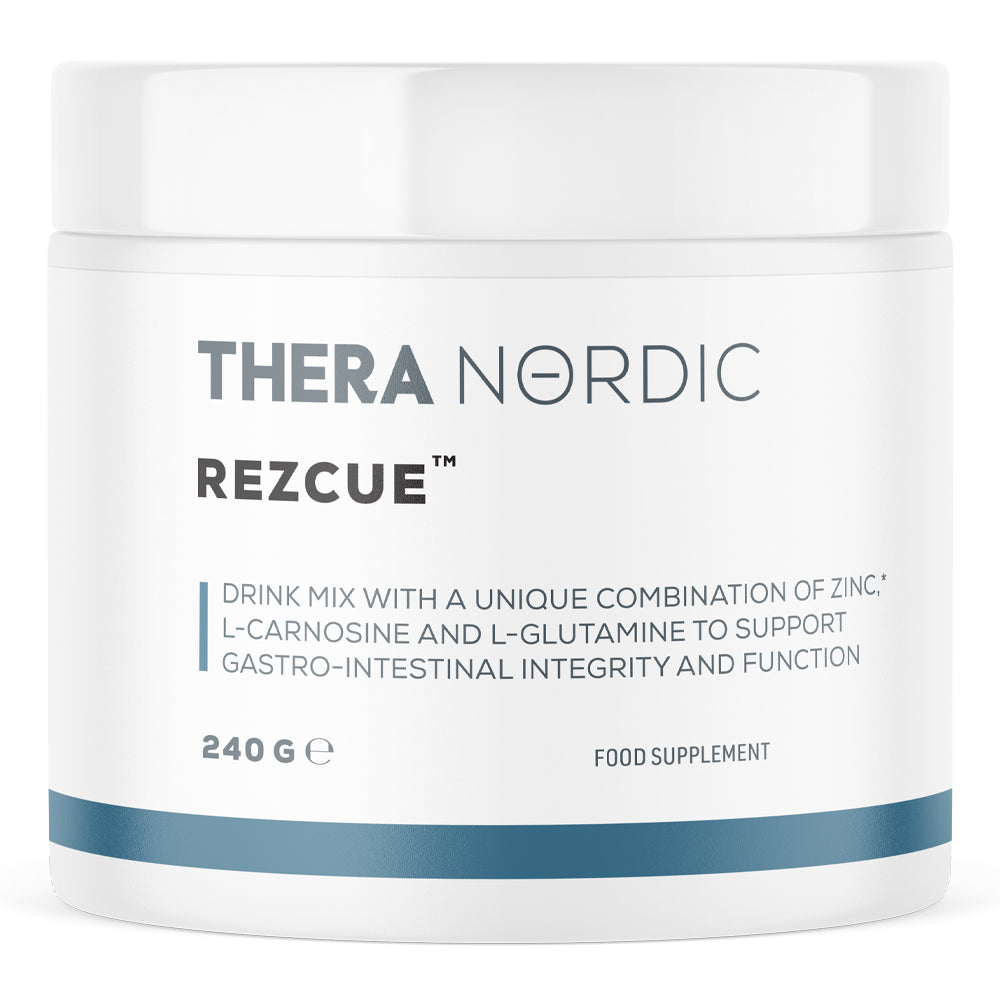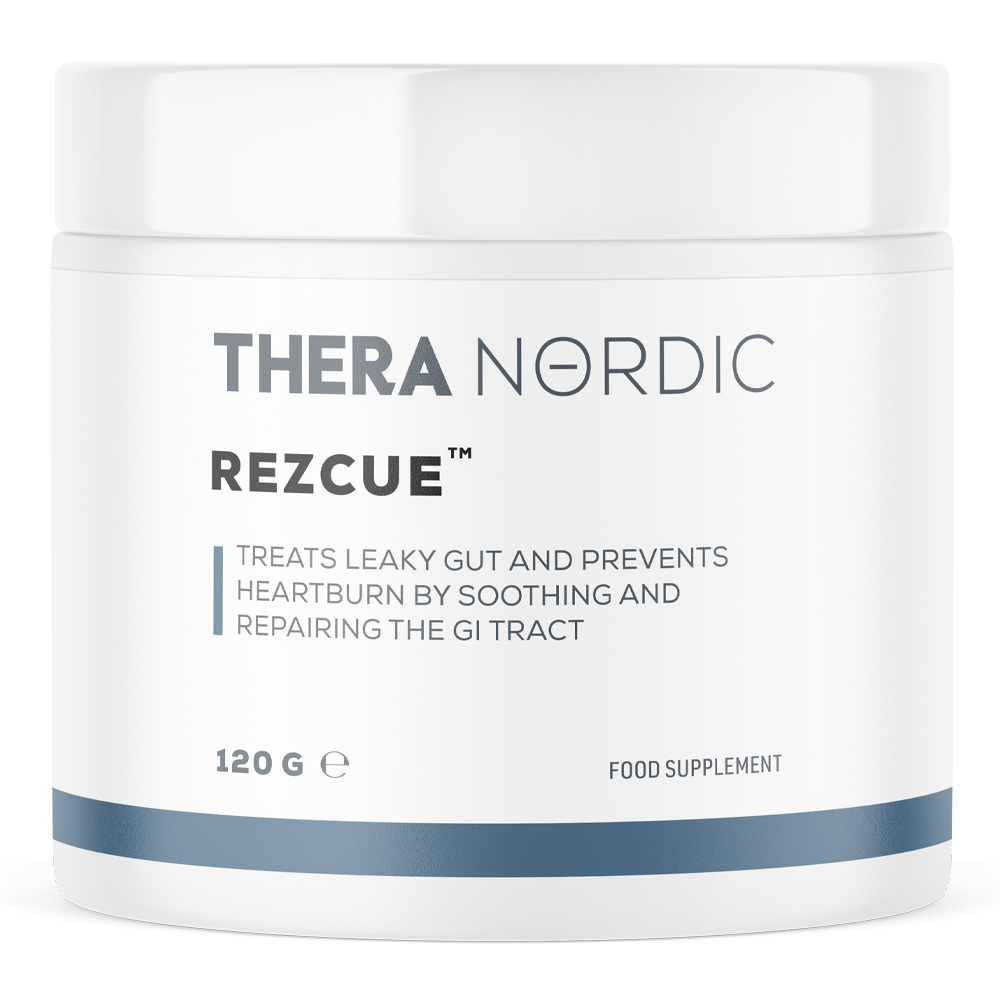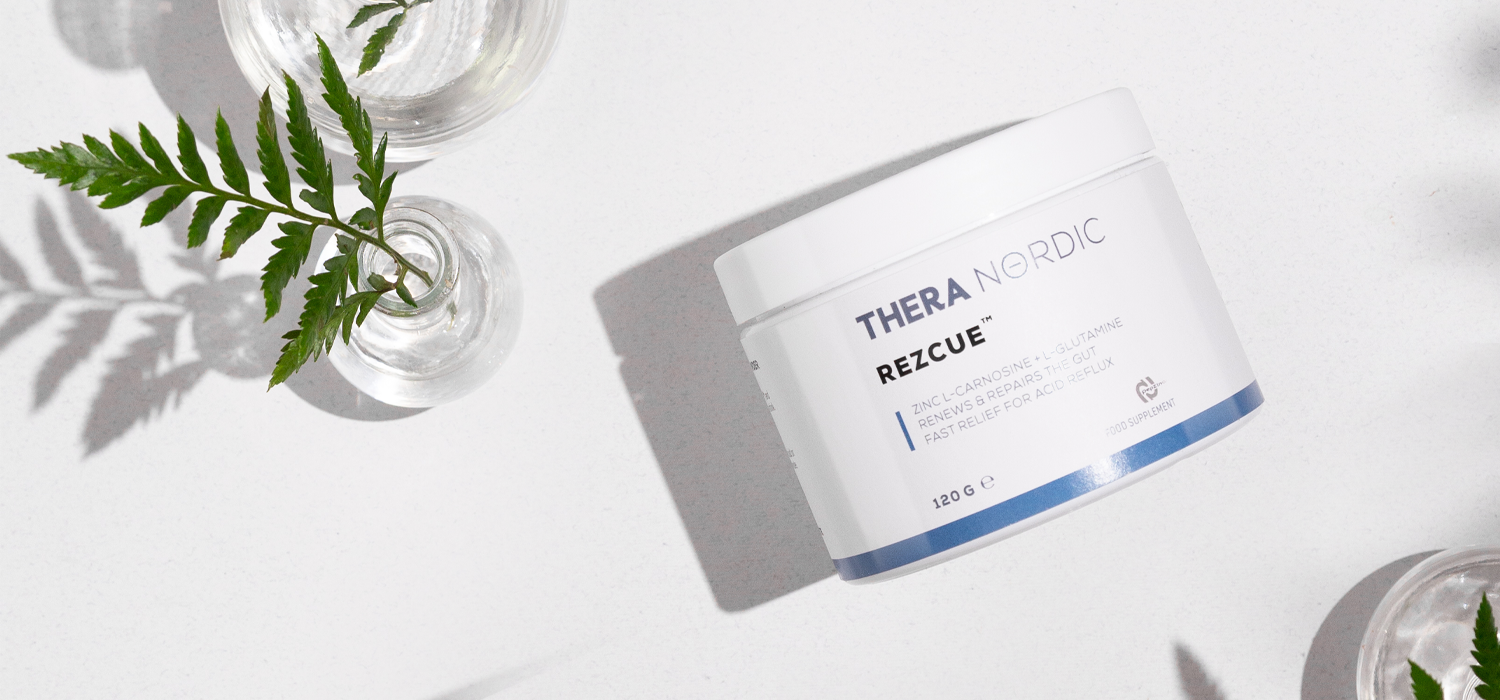If you are like most people, you have used painkillers at some point in our life. They can sometimes really save the day. It is also common knowledge that these medications shouldn’t be used long term, but instead we need to address the underlying problem.
One reason that you shouldn’t use them in the long-term is that these medications can cause damage to your stomach lining over time. In this article, we'll discuss how they cause this damage, and how Zinc L-Carnosine and L-Glutamine can help repair and protect it.
What are NSAID painkillers?
When you take painkillers, such as non-steroidal anti-inflammatory drugs (NSAIDs), they work by blocking an enzyme called cyclooxygenase (COX) that produces prostaglandins. When there are less prostaglandins, there is less inflammation and less pain.
Common examples of NSAID’s are:
- Aspirin
- Ibuprofen
- Naproxen
- Diclofenac
- Celecoxib
Why do they damage your stomach lining?
Unfortunately, when NSAID blocks prostaglandins, the beneficial effects are blocked too. And one important role is related to protecting your stomach lining.
Prostaglandins promote mucus and bicarbonate secretion, stimulating blood flow, and maintaining the integrity of the stomach wall. When NSAIDs reduce prostaglandin production, they can make the protective mucus layer thinner or nonexistent, reduce blood flow, and increase susceptibility to damage by stomach acid. Over time, this can result in inflammation, ulceration, and bleeding in the stomach and digestive tract.
How can I protect and repair my stomach lining?
Fortunately, there are ways to repair and protect the stomach lining. One such way is with Zinc L-Carnosine, a compound that combines L-Carnosine and Zinc. Zinc is essential for the growth and repair of tissues, while L-Carnosine has been shown to promote healing and reduce inflammation. Together, these two compounds adhere naturally to the stomach lining, providing soothing cover.
Another way to protect the stomach lining is by adding L-Glutamine. This amino acid is crucial for the growth and repair of cells in the digestive tract. L-Glutamine promotes the production of mucus, increases blood flow, and stimulates cell growth in the stomach lining. When combined with Zinc L-Carnosine, L-Glutamine can further reduce the damage caused by painkillers by providing essential nutrients for cell growth and repair, as well as reducing inflammation in the digestive tract.
To sum it up, painkiller medications can cause damage to your stomach lining by reducing prostaglandin production. It is always advisable to take NSAID medication only for short periods.
If you need to take them, however, with the help of Zinc L-Carnosine and L-Glutamine, you can repair and provide protection to your stomach lining. It’s important of course that you always consult your doctor on these issues.




